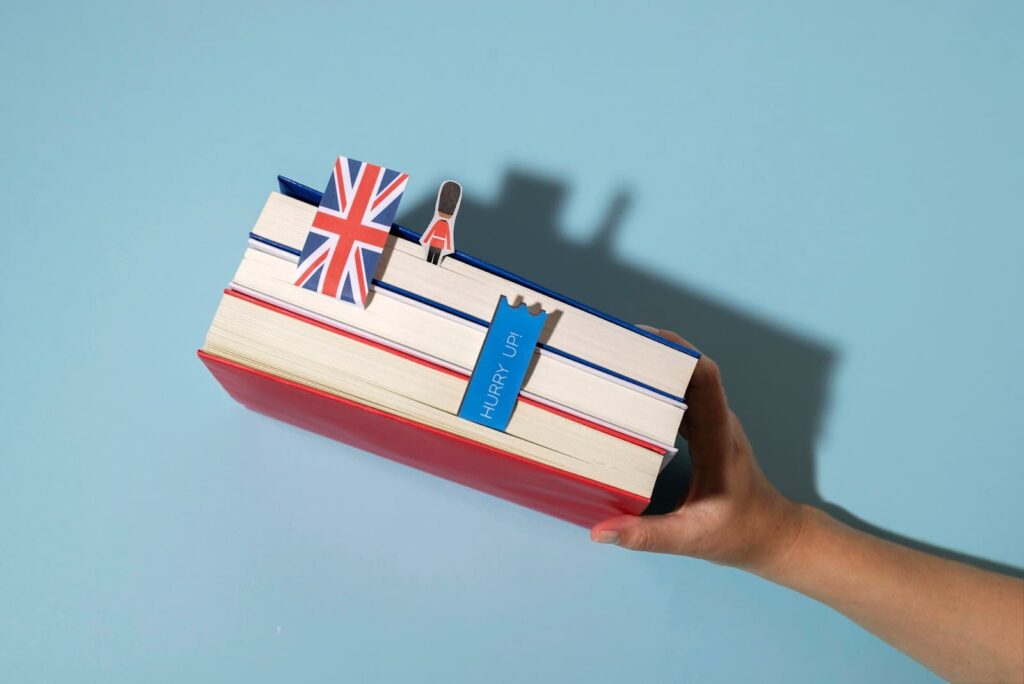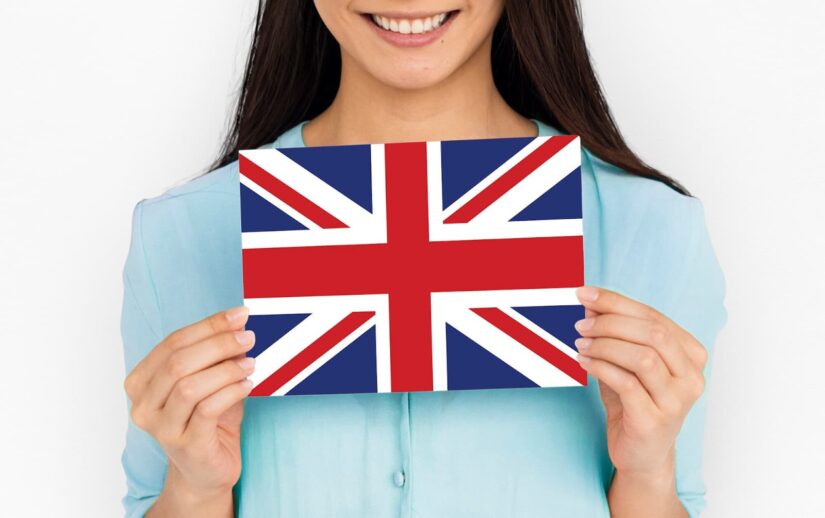British Slang: 9 Essential Terms for Effective Communication
When traveling to the United Kingdom, understanding local slang can be crucial to communicating effectively and fitting in with the locals. This guide provides you with nine common British slang words that will help you navigate conversations and interactions with ease. From claiming the best seat in the car to expressing joy or disappointment, these terms are essential for anyone who wants to immerse themselves in British culture.
1. Bagsy
In British slang, “bagsy” is the equivalent of calling dibs or shotgun in American English. It’s a way of claiming something before others, whether it’s the front seat of a vehicle or the last delicious scone on the table.
Usage Example:
“I bagsy the window seat on the train!”
2. Chips
Contrary to what you might expect, ordering French fries in the UK involves a bit of linguistic finesse. While thin fries are simply called fries, thicker-cut versions from chip shops are known as chips. Additionally, triangular potato chunks are referred to as potato wedges, distinct from circular fried slices known as crisps.
Usage Example:
“Let’s grab some fish and chips for lunch.”
3. Chuffed
When Brits say they are “chuffed,” it means they are genuinely pleased or delighted about something. This term is commonly used to express happiness or satisfaction in various situations.
Usage Example:
“I’m absolutely chuffed with my exam results!”
4. Dodgy
The term “dodgy” in British slang refers to something suspicious, unreliable, or of questionable quality. It is often used to describe situations, objects, or individuals that seem untrustworthy.
Usage Example:
“I wouldn’t buy that phone; it looks a bit dodgy.”
5. Miffed
“Miffed” is a British slang word used to describe a feeling of annoyance, slight anger, or being put out by something. It signifies a mild sense of displeasure or irritation.
Usage Example:
“She was miffed when her flight got delayed.”
6. Quid
In British slang, “quid” is a colloquial term for the pound sterling (£). It is the equivalent of the dollar sign ($) in American English and is commonly used in everyday transactions.
Usage Example:
“That book costs ten quid.”

7. Uni
Short for university, “uni” is a popular abbreviation used in British English to refer to higher education institutions. It is widely recognized and commonly used in casual conversations among students and young adults.
Usage Example:
“I’m studying biology at uni.”
8. Gutted
When Brits say they are “gutted,” it means they are extremely disappointed or devastated about something. This slang term conveys a deep sense of loss or sadness.
Usage Example:
“I was gutted when I missed the last train home.”
9. Skive
To “skive” in British slang means to avoid work or responsibilities, typically by pretending to be ill or coming up with excuses. It is a term often associated with shirking duties or taking unauthorized breaks.
Usage Example:
“He decided to skive off work and go to the beach instead.”
Conclusion
Understanding these nine British slang words is key to immersing yourself in the local culture and communicating effectively with Brits. From claiming your spot with “bagsy” to expressing disappointment with “gutted,” each term offers a unique insight into the nuances of British English. By incorporating these expressions into your vocabulary, you’ll not only enhance your language skills but also connect more authentically with the people you meet during your time in the UK.
